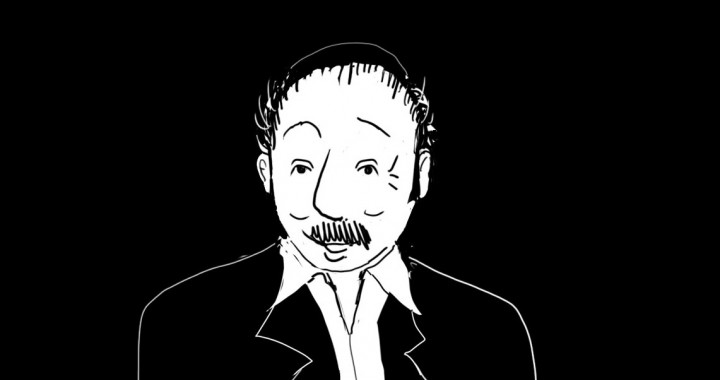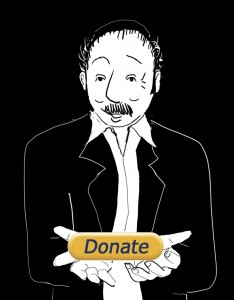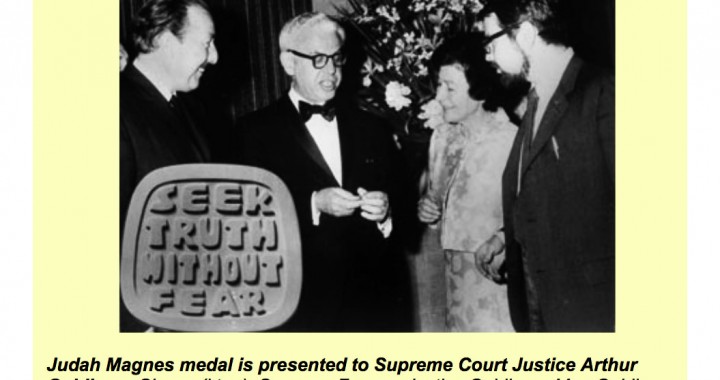So. In the middle of Zohar meditation I burst into tears. How embarrassing is that? And I cried for the next three days. And whimpered another few days. Until at last the floodgates emptied, the waters receded, and I was somewhat healed.
‘Healed’ is probably the wrong word. Can you be healed from holy words?
And what am I doing in shul each shabbat morning at what seems like the crack of dawn? I feel like I’m trespassing into a shul that isn’t mine, and sneaking back out again before services begin. Yes, I was invited—but still.
I haven’t belonged to this or any other shul for the past two decades, although I’ve thought about it. I’m not Orthodox. Not Conservative. Not anything. Basically, I don’t have a spiritual bone in my body. Anthropologist. That would be the only label I can conjure. That’s about it.
But Zohar appears to move me anyway. It shouldn’t. It should save all those emotions for somebody else.
But I like thinking about rabbis long ago on the road together. It reminds me of my Father on his adventures with Rabbi K— from Egypt to India, and back again. And my own travels with both of them on absolutely crazy journeys. And as a kid with my dad searching for Jewish cemeteries in the Sierra foothills. Or my dad’s visiting me in North Africa, and balancing our parallel quests while on the road.
Zohar would make a terrific buddy movie, don’t you think? With spectacular special effects— Aramaic echoing through the chambers of a deep and complex cave, with Hebrew letters clambering up the walls. I’d love to make that movie after this one. I can see it so clearly.
But instead— I got sideswiped. Didn’t see the tears coming. And what was I doing there in Zohar meditation in the first place?
We are blessed around here to have Daniel Matt in our midst celebrating the completion of his translation of Zohar. After finishing nine volumes of the Pritzker Edition, Matt has coordinated a series of teachings through Lehrhaus Judaica (yes, another of the institutions inspired and promoted by my father, Seymour Fromer). The teachings are choreographed throughout the San Francisco Bay Area, with teachers covering the same passages at the same time in different communities, month after month and now year after year.
In San Francisco, the teachings have been led by Aubrey Glazer, author of Mystical Vertigo, a volume on Contemporary Hebrew Mystical Poetry. Rabbi Glazer, on the off-season of Lehrhaus’ Zohar sessions, decided to continue throughout the spring and summer with Zoharic meditations each shabbat at his own shul. And although I’m not a member, he assured me it was okay to attend. And still I feel like a gate-crasher. And I don’t think gate-crashers should be made to cry. They should be stoic, respectful. Invisible. But no—
The passage that Glazer read that shabbat needed some unpacking. So it took a moment to sink in.
“That shade came and sat down and kissed him…”
I was still okay. It hadn’t hit yet.
The passage went on:
“Any place in which a righteous person innovates words of Torah,
he [the departed spirit of one’s great Teacher] comes [back] to visit …
especially when other righteous ones are present there,
innovating words of Torah in that place…”
Now would that make you cry?
Danny’s footnote helped:
The ‘shade’ is a shadow, ghost, or specter. What we in the anthro biz would call a ‘spirit.’ And so—
“After a virtuous teacher has died,
his soul revisits each place in which he offered a new interpretation of Torah.
This applies especially when other righteous people are present,
innovating words of Torah…”
And that’s what made me lose it. For what I heard was reassurance—
It’s okay to innovate words of Torah. Not just okay—it’s a righteous act.
It’s especially good to join with other righteous people in the act of innovation.
And right here, right now in the making of our movie, The Day before Creation, we are doing just that. Innovating words of Torah. And honoring my Father and his teachings—
And …
He might come back?
He might sit down? Kiss me on the forehead?
Yah, I lost it.
I tried to tell my daughter about the passage, but started blubbering again. Instead, I had to shove the volume at her and point. She read the passage. Looked at me. And rolled her eyes.
“Of course,” she said.
“I knew that.”




